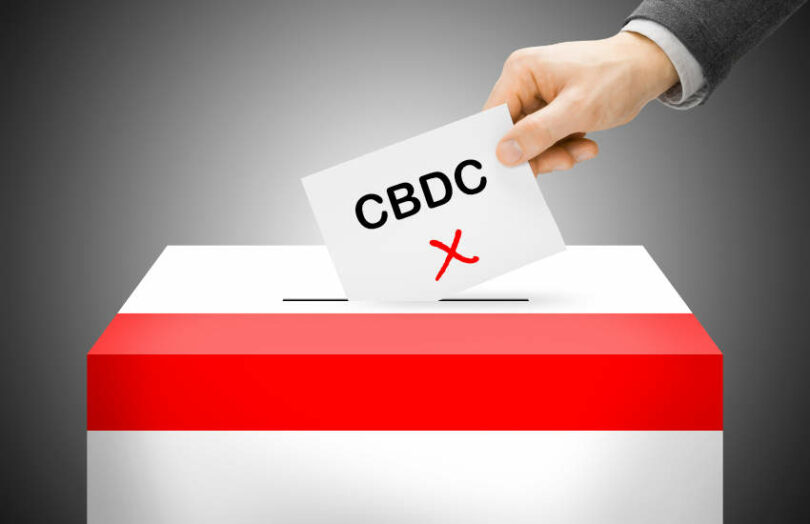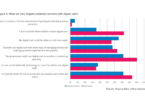This week has seen votes in favor of two state bills from Florida and North Carolina that aim to restrict the use of a federal digital dollar or central bank digital currency (CBDC). The Florida approach is more far reaching, changing the legal definition of money to exclude a CBDC.
North Carolina CBDC ban
The North Carolina bill received a unanimous vote from the State House and has been sent to the Senate. But the surprise is that a previous iteration of the bill from just days ago was targeting banning the use of cryptocurrencies for payments, not CBDC.
The version from 27 April states, “No State agency nor the General Court of Justice shall accept a payment using cryptocurrency.” In contrast, the 2 May wording that received the vote states, “No State agency nor the General Court of Justice shall accept a payment using central bank digital currency” and “No State Agency nor the General Court of Justice shall participate in any test of central bank digital currency by any Federal Reserve branch.”
We asked Representative Harry Warren, the original bill sponsor, about the u-turn. He said the latest bill targeting a CBDC “better represents the intent of the bill sponsors’ response to the federal movement toward creating a Central Bank Digital Currency.”
Notably, the North Carolina bill doesn’t impact the average person that might use a CBDC.
Florida: CBDC is not money
Florida Governor Ron DeSantis has been pushing back on CBDC for some time, asserting that a federal digital dollar is “about surveillance and control”.
Both the Florida House and Senate have now passed his anti-CBDC bill. The House passed it this week with 116 votes in favor and one against.
However, the content of the Florida bill is more wide-reaching and far less straightforward than North Carolina’s. Florida now excludes CBDC from the definition of money. That means many legal protections that money might have do not apply to CBDC, making it risky to use, especially by businesses that are more likely to litigate these matters.






